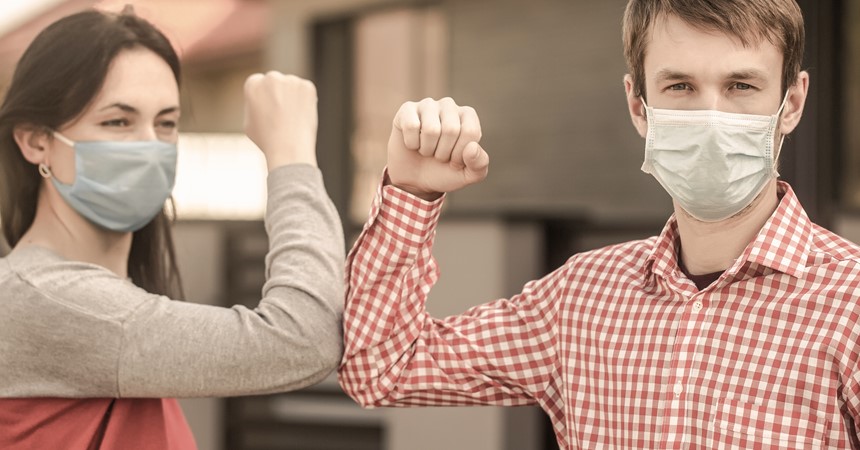When the Pope says that each person’s good is a ‘common good’, what does he mean? One thing at least should be clear: he does not mean ‘the greatest happiness for the greatest number’.
To see why this is so, let’s consider a rather gruesome ‘thought experiment’. Imagine that you are in charge of a ward in a hospital in which there are six patients. Five patients will die without transplants. Two need lungs. Two need kidneys. And the fifth needs a new heart. In the next room is sixth person recovering from the anaesthetic after surgery to fix a badly broken leg. Other than that, he is perfectly healthy.
It occurs to you that you could painlessly cause him to die so that his organs would be available for transplanting into the others. Let’s imagine that he has no immediate family, so it’s unlikely that anyone else will be distressed by his death. And you won’t tell the other patients where their life-saving organs come from.
Now I’m sure that those who talk about ‘the greatest happiness for the greatest number’ would never recommend that we act on this exercise in ‘moral mathematics’. That said, this fictitious ‘thought experiment’ does help us to see that the ‘common good’ could not literally mean ‘the greatest happiness for the greatest number’.
A mathematical or aggregate view of the common good implies (again, if taken literally) that, if we have to allocate our resources, we should do whatever will ‘save as many lives as possible’ or ‘save as many life-years as possible’ (that is, favour the young ahead of the old) or ‘save as many quality-adjusted life years as possible’ (that is, save the young and otherwise healthy ahead of the old, the incapacitated, those with disabilities, etc).
When the Pope says that the coronavirus is showing us that each person’s true good is a common good, he is saying something very different. First, he is reminding us that it makes sense to talk of things that are ‘true’ or ‘genuine’ goods, things the goodness of which is a matter of fact not just a matter of opinion. Think of health, knowledge, friendship, etc. Second, he is reminding us that a true good is a good for everyone who participates in it.
The specific example the Pope cites is health. To say that health is a common good means not only that it is a good thing for you and a good thing for me. It also means that your health is a good for me and my health is a good for you.
This is very easy to see in the case of one’s family. Ordinarily, my health is a good thing for my family members and their health is a good thing for me.
But it should also be easy to see in the case of the whole community during a pandemic. In a pandemic, the health of each member of society is a good thing for every other member of society.
That’s why the Pope urges each of us to get vaccinated. If we were each to see what he means, and act upon it, there would be no need for hospitals, aged care institutions, employers and health departments to even have to consider mandating the vaccination of staff, visitors, etc.
Are vaccine mandates ever justified? Following what Thomas Aquinas says about laws that are just, we can say that a mandate will be just if it meets three conditions: if it is ordered to the goal of everyone’s good, if it does not exceed the legitimate power of the legislator, and if it does not lay unreasonable burdens on the citizens.
Vaccines are effective at the reducing both the chance of infection and the severity of COVID-19 itself; in addition, the best scientific advice confirms their safety. And the state does play an important role in protecting the health of the citizens. The real challenge is to ensure that their introduction does not impose undue burdens on anyone.
So, let’s avoid the need for mandates. Let’s encourage everyone to be vaccinated for the sake of the common good. As the Pope said recently, it’s an act of love.
Dr Bernadette Tobin, AO is the Director of the Plunkett Centre for Ethics.






















































































